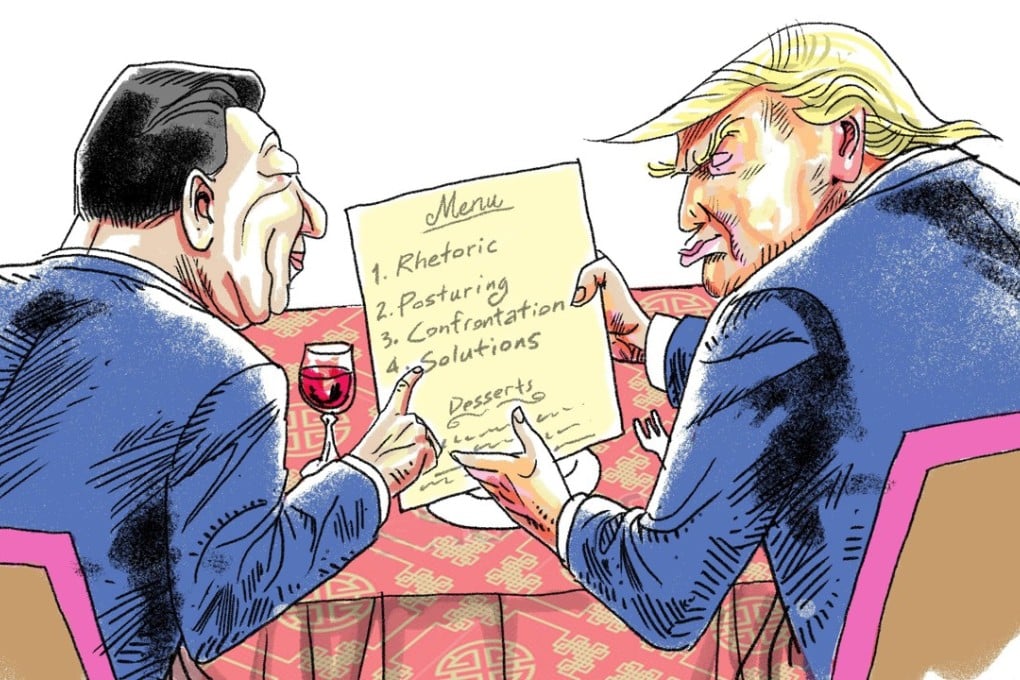Advertisement
When Xi meets Trump, could the personal touch avert a China-US break-up?
- Drew Thompson says the Chinese president should direct his party to address the issues of fairness and reciprocity that America has raised. The US is determined to compete, but Beijing can still find areas of compromise
Reading Time:4 minutes
Why you can trust SCMP

The meeting between US President Donald Trump and Chinese President Xi Jinping at the G20 on December 1 will undoubtedly be the climax of a year of tense bilateral relations.
Hot on the heels of contentious Asean and East Asia summits in Singapore, a fraught Apec meeting in Papua New Guinea that failed to produce a joint statement for the first time, and unsuccessful attempts to engage on trade at working levels, the meeting between Trump and Xi in Buenos Aires is a made-for-TV showdown between the heads of two major powers, but it is still far from clear what direction the relationship will take after the summit.
The bilateral relationship between the US and China is now in uncharted territory with open animosity defining it.
Advertisement
China’s rise has taken an ominous turn in the new era of Xi Jinping, contributing to the sense of alienation felt by the US and other democracies. The Communist Party’s reach into all aspects of society and the economy has extinguished any hope of liberalisation or openness, along with civil society, private enterprise, independent media and free speech.
In the region, China’s rapidly expanding military, unapologetic territorial expansion in the South China Sea and growing political and military pressure on Taiwan raise serious concerns about how China might use military might to pursue political objectives.
Advertisement
Advertisement
Select Voice
Choose your listening speed
Get through articles 2x faster
1.25x
250 WPM
Slow
Average
Fast
1.25x
